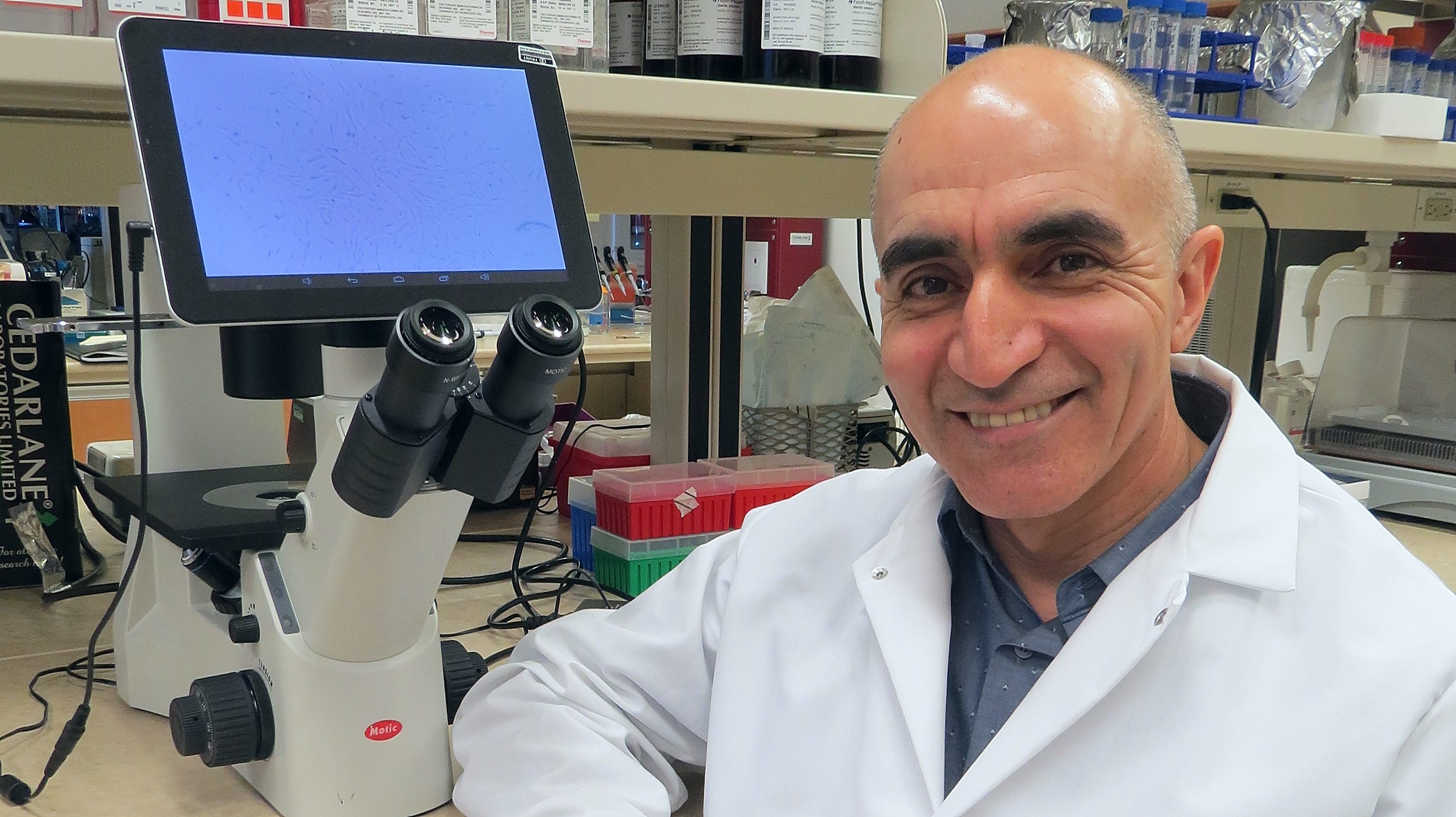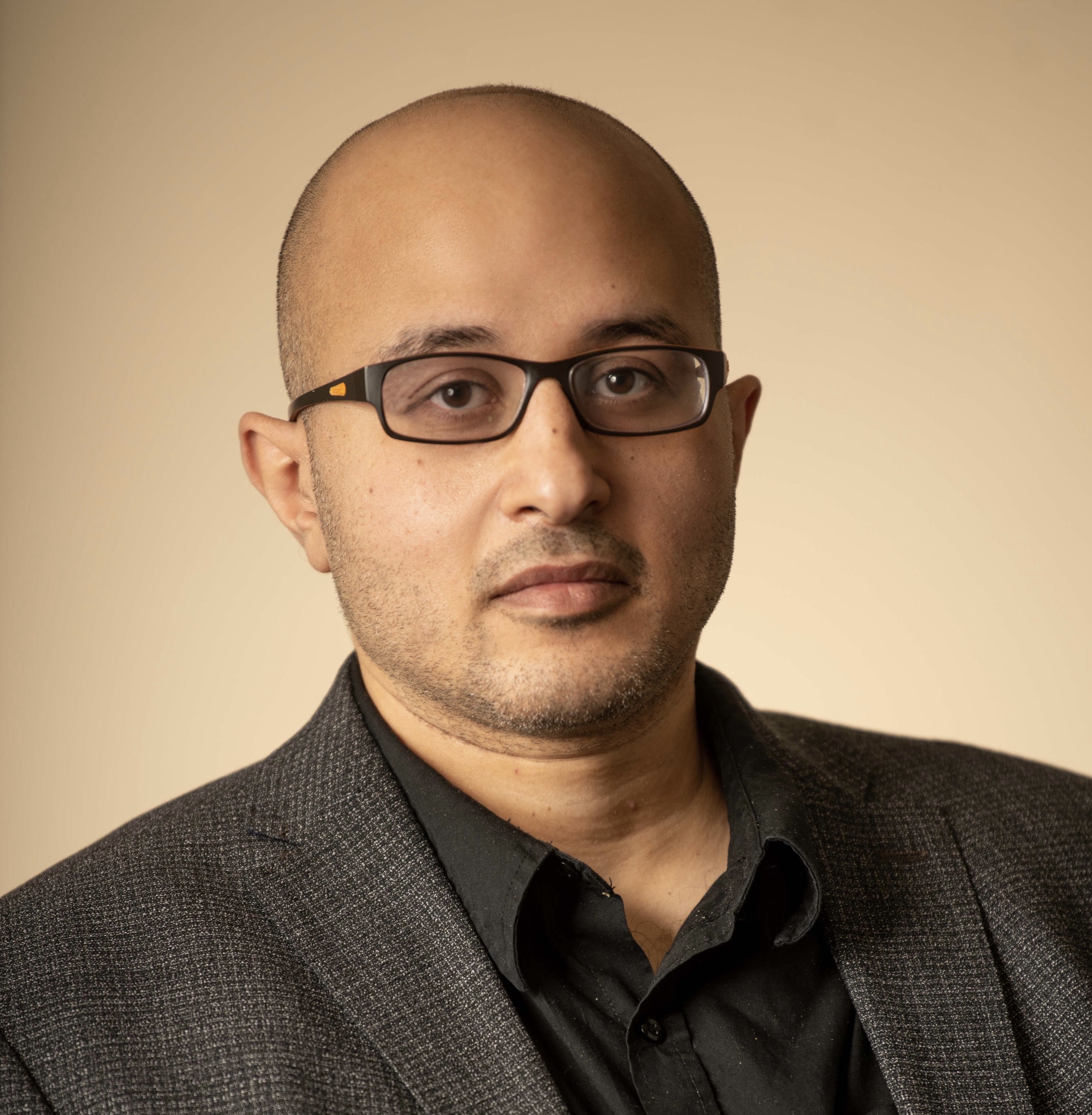DoM's Dr. Mo Osman and his team assist with long COVID study with Dr. Shokrollah Elahi
28 October 2024

Immunologist Shokrollah Elahi led three recent studies that shed new light on how long COVID may develop and who may be susceptible to the debilitating condition. (Photo: Faculty of Medicine & Dentistry)
By Don Bell, Folio
Researchers at the University of Alberta have pinpointed two proteins that could serve as markers for identifying patients with long COVID — a discovery that may lead to treatments that will bring better quality of life for the millions of people suffering from the debilitating condition.
“We wanted to find out more about what is going on with long COVID to bring relief to sufferers — especially those patients with the most debilitating symptoms, a condition called chronic fatigue syndrome, which leads to extreme tiredness and other disabling symptoms,” says immunologist Shokrollah Elahi, a professor in the U of A’s Mike Petryk School of Dentistry, who led three groundbreaking studies aimed at improving our understanding of how long COVID develops and who may be susceptible.
Most people who get the SARS-CoV-2 infection feel sick for a week or two and then recover. But about 10 per cent end up with long-term complications that can linger for months or even years. Those complications can be wide-ranging and affect all kinds of organs, with symptoms including chronic fatigue, intense pain, trouble breathing, difficulty sleeping, cardiovascular issues and cognitive problems commonly called “brain fog.”
In the first two studies, recently published in the Journal of Autoimmunity and Frontiers in Immunology, the researchers looked at two sets of subjects: 78 patients with severe long COVID symptoms and 58 people who were infected with SARS-CoV-2 but fully recovered without any complications...
...Elahi says the U of A, with its recognized excellence in research related to health and well-being, is a great environment in which to do his work.
“The most important thing when you want to do human studies is having resources in place, having infrastructure so you can recruit patients. In particular, Dr. Mo Osman and his team with the University of Alberta Hospital have been instrumental for clinical assessment and patient recruitment.”

Dr. Mo Osman, Associate Professor, Division of Rheumatology